If you’re looking to enter the world of real estate investing, one of the first questions you’ll have to answer is whether you want to invest in residential real estate or commercial real estate. Both have their advantages and disadvantages. The following breakdown will help you determine which option is best for you.
Residential
When most people hear the term real estate investing, they think of residential real estate. This consists of purchasing homes and making a profit by renting them out to tenants.
The residential real estate market is relatively easy to enter, and you normally don’t need as much money to get started as you would with commercial real estate. You’ll likely only be handling one tenant instead of the many involved with commercial real estate, which is considerably less stressful.
Residential properties also tend to perform better than commercial properties during economic downturns. After all, no matter how poorly the economy is doing, people still always need a place to live.
Only having one tenant, however, is risky. Should they leave unexpectedly, you’ll be stuck without that source of income as you scramble to find someone to replace them. Property taxes can also rise without warning, and if your property requires constant maintenance, these costs will eat away at your earnings.
Residential real estate rarely offers returns on investment at the same rate that commercial real estate does.
Commercial
Commercial real estate includes properties such as retail space, office buildings, and warehouses. Unlike residential real estate, commercial real estate properties exist with the expectation that they will generate income. One of the largest advantages to commercial real estate is their earning potential, especially in popular cities. As long as the demand remains high, you have the ability to charge higher rates and receive a high return on your investment. Commercial properties have a lower vacancy rate and lower turnover costs.
Managing commercial real estate is not a project you’ll be able to take on alone. You’ll most likely need to hire an experienced property manager to find good tenants, negotiate on your behalf, and handle any issues that arise on a day-to-day basis.
Normally commercial real estate investment requires a large upfront payment. You’ll also be responsible for any ongoing maintenance costs, which can add up quickly and reduce your revenue.
Residential real estate investing and commercial real estate investing both offer unique challenges and advantages. Risks, your level of involvement, and return on investment are all important factors to consider when determining which choice is right for you.
-
Hello world
-
"1xbet 1хбет Скачать Приложение На Андроид Android Os Ap
-
1xbet Скачать Приложение Бесплатно Мобильный Клиент 1хбет Для Ставок На Спорт С Телефон
-
Pin Upwards Online Casino'ya Kaydolun Ve Kişisel Dolabınıza Giriş Yapın
-
Pin-up Casino Giriş Qeydiyyatdan Keç, Bonuslar Qazan Və Əyləncəni Artır
